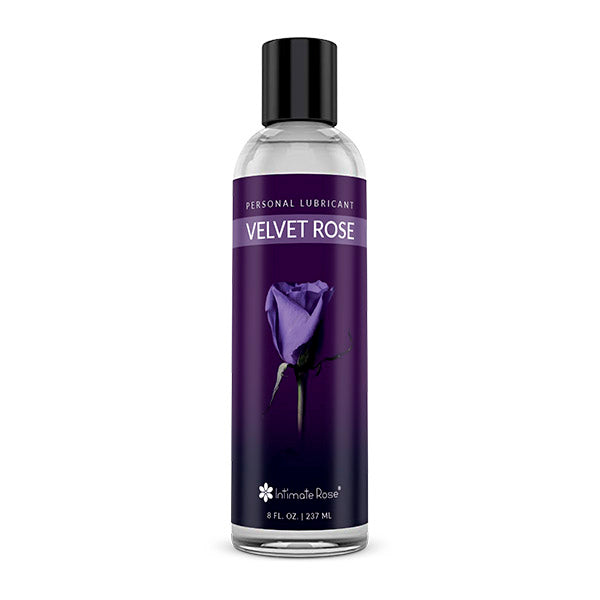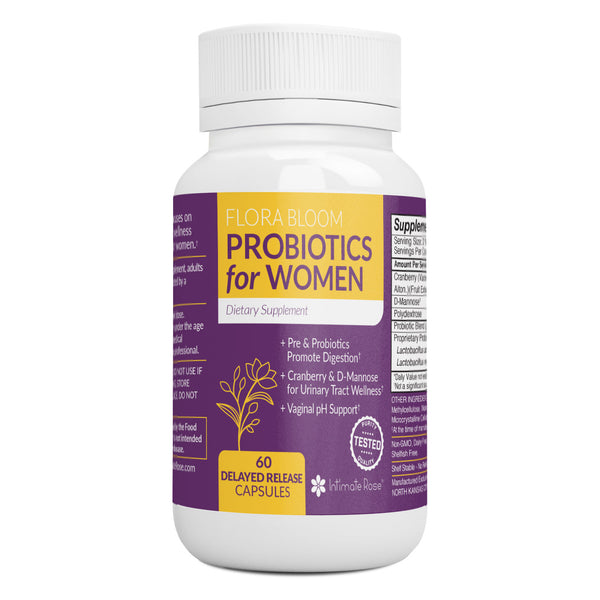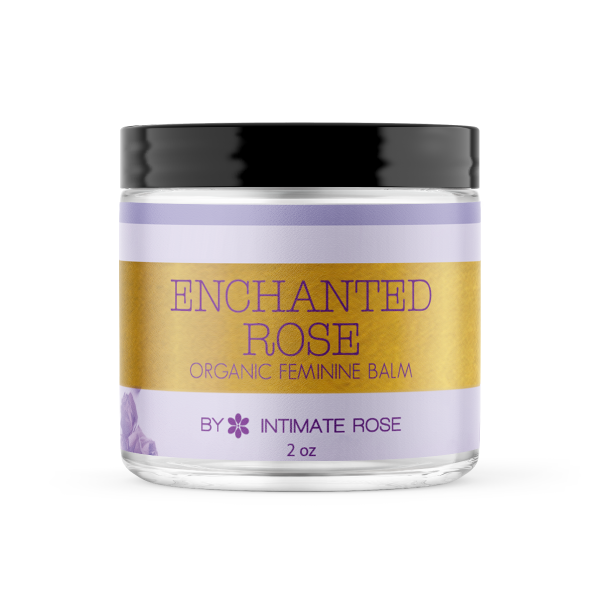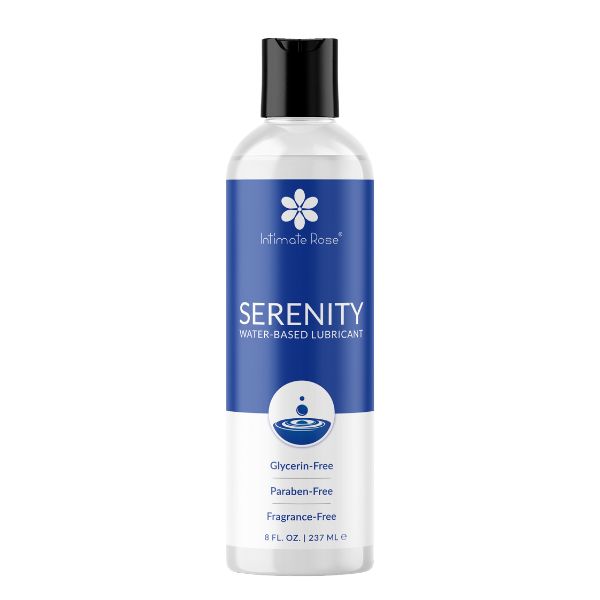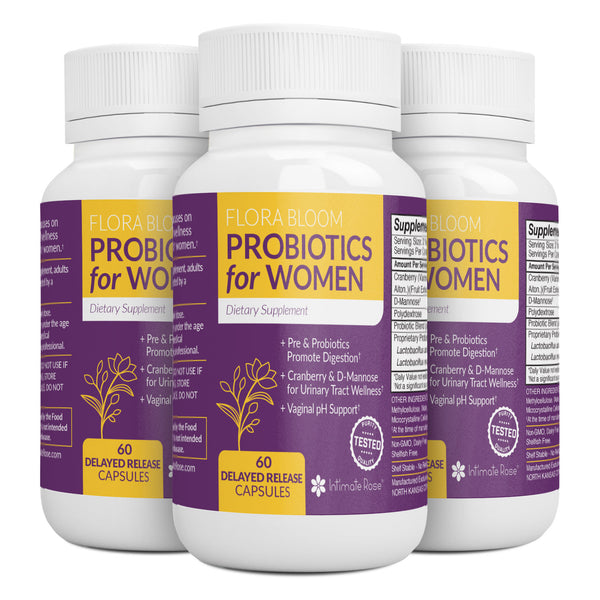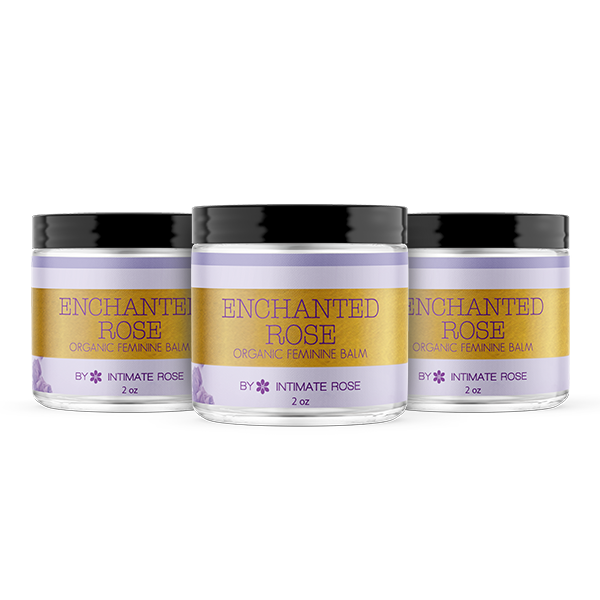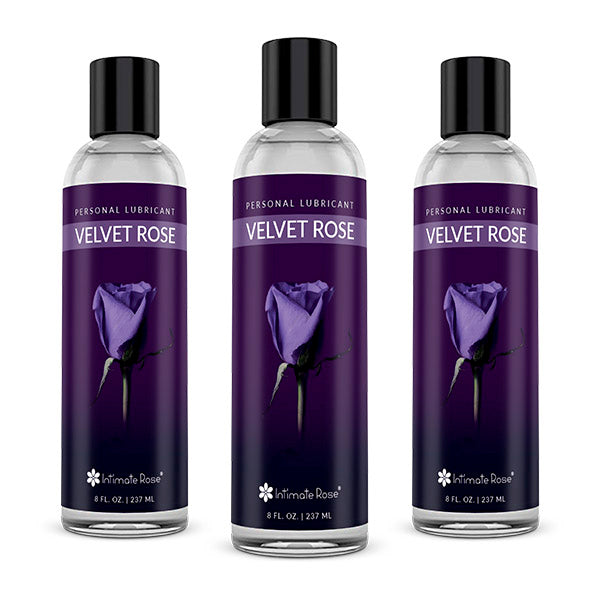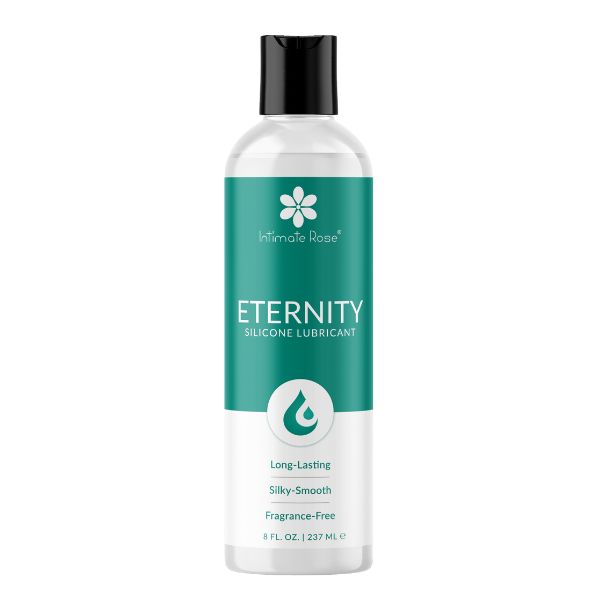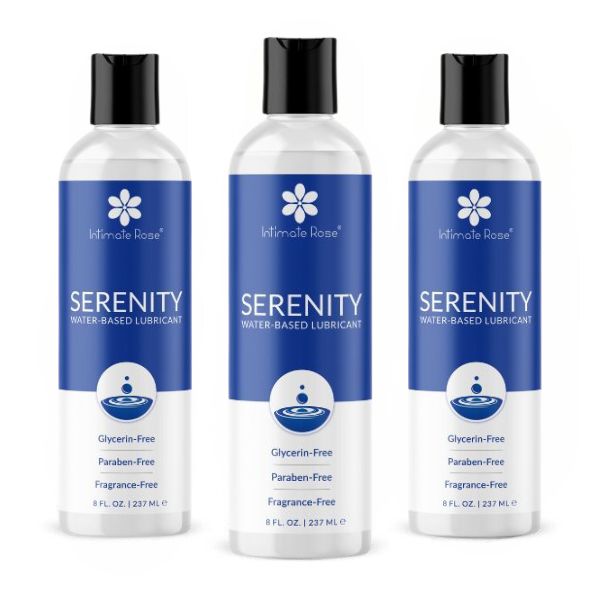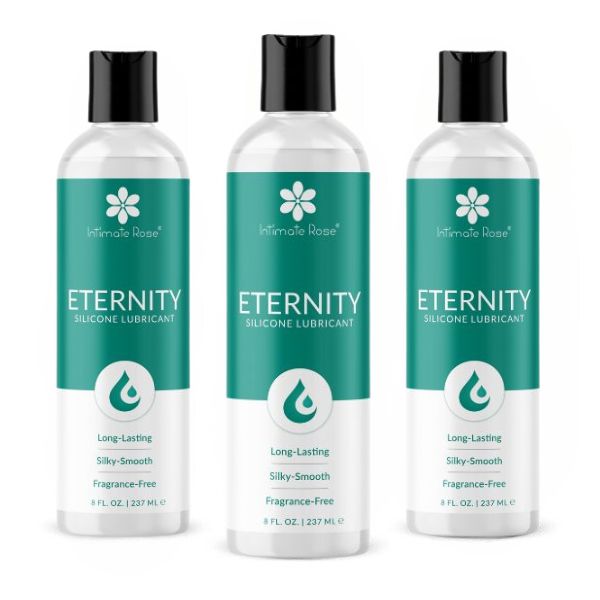It is normal for the vagina to feel different and undergo changes after giving birth, as you age, or go through menopause. Vaginal changes, like your vagina feeling looser, for instance, are typically the result of hormone fluctuations or tissue damage but there are treatment options to remedy the changes.
Read on to understand what the best treatment is for a loose vagina, whether vaginal tightening creams are safe to use, and if you should use them.
Why Do Vaginas Feel Loose?
Contrary to what many believe, penetrative sex does not affect the flexibility of the vaginal muscles or cause vaginal looseness. The sensation of a loose vagina is, in fact, more commonly caused by a fluctuation of the hormones estrogen & progesterone, and/or a weakening of the pelvic floor muscles - both of which typically occur after childbirth and during the aging process.
What are Vaginal Tightening Gels or Creams and Should You Use Them?
Vaginal tightening creams and gels are advertised as balms made from natural ingredients that help to reverse vaginal looseness.
Although the producers of vaginal tightening creams and gels may claim that their products reverse vaginal looseness; no science, research, proof, or case studies exist to back up their promises. And the truth is, female health experts worry that vaginal tightening creams are doing women’s vaginas more harm than good.
The natural products used in vaginal tightening creams, for example, may well be healthy products to consume – like ginger, cinnamon, or cocoa, but that does not mean that they are helpful when rubbed into the mucosa of the vagina.
The female genitals are capable of maintaining healthy vaginal pH levels, by balancing the presence of “good” and “harmful” bacteria, to prevent vaginal infections from setting in. However, rubbing ingredients like cinnamon and cocoa into your vaginal skin will most certainly interrupt this balance.
What Do Vaginal Tightening Creams Really Do?
While some women enthusiastically post in customer comments that their vaginas felt tighter within hours of using vaginal tightening creams, what they are really feeling is the temporary effect of astringent ingredients.
When used in skincare, astringents are known to extract water from skin tissues and cause them to temporarily shrink or tighten (as with toner, for example). Although this may benefit facial skin tissues, the effects of astringents on the vagina are typically short-lived and damaging in the long term.
Essentially, astringents dry out the mucous membrane of the vaginal walls and reduce the production of natural lubrication. This is effectively what makes the vagina feel “tighter”, but only temporarily until the effects wear off.
If women continue to apply vaginal tightening creams or gels, the “feeling” of vaginal tightness will continue to come and go even though the vagina is not tightening.
Eventually, vaginal dryness will set in and lead to friction, micro-tears on the vaginal walls, and pain during sex. Micro-tears on the vaginal walls can also become inflamed and susceptible to infection.
The Best Way to Tighten Vaginal Looseness
When performed correctly, Kegel exercises are one of the most effective ways to improve tone around the vagina and strengthen the pelvic floor muscles. Typically performed 2-3 times throughout the day to gradually re-strengthen the muscles, Kegel exercises involve contracting and relaxing the vaginal and pelvic muscles in repetitive sets.
For a more effective re-tightening of the vagina and strengthening of pelvic floor muscles, Kegel weights are recommended to provide increased resistance training.
How Kegel Weights Help to Tighten the Vagina
Also known as vaginal weights, Kegel weights are used to re-strengthen the pelvic floor muscles when they have been weakened or loosened by pregnancy, childbirth, pelvic surgery, or the aging process.
Intimate Rose Kegel Weights are designed to fit in the vagina like a weighted tampon and are made from BPA-free, non-porous, medical-grade silicone that is non-irritating and slides in smoothly.
Once placed inside, Kegel weights help users to perform Kegels more effectively by encouraging the vaginal walls and pelvic floor muscles to contract and relax around the Kegel weight while also holding it in place.
Normally sold in sets of ascending weights, users are encouraged to move up to the next weight once the first can be comfortably held in place for the recommended time. Thus, a gradual and long-term re-training of the muscles occurs.
Although holding weights in place with your pelvic muscles does admittedly sound somewhat intimidating, the process is less complicated and far more rewarding than many women believe.
Practicing Kegels with Kegel weights not only tightens the vagina and strengthens the pelvic floor muscles it also improves sexual arousal, reduces pain during sex, and treats urinary incontinence.
Kegel Weights
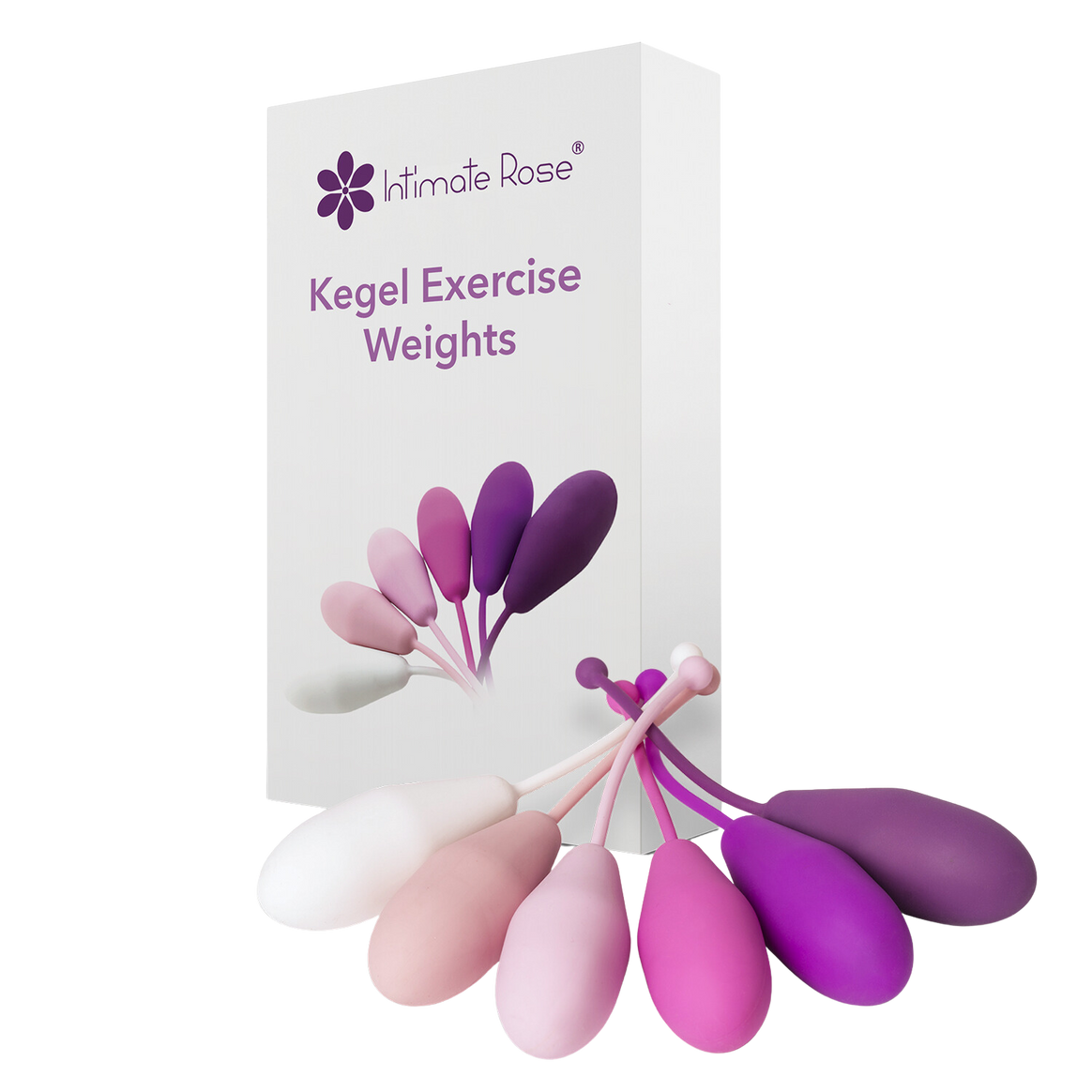
What About Medical Procedures for Vaginal Tightening?
Laser and radiofrequency vaginal tightening are two procedures performed by plastic surgeons and involve heat to support the production of collagen in the vaginal tissues and tighten the vagina.
However, with little research to back up the effectiveness of these procedures and side effects including tissue burns, scarring, and chronic pelvic pain, they are not risk-free.
Vaginoplasty is a surgical procedure that repairs damaged vaginal muscles and fascia. It is an invasive surgery that sometimes requires vaginal muscles to be sewn together to provide sufficient support or “vaginal tightening”.
As a result, women often complain that the vagina is too tight after recovery, leaving them in persistent pain. Further complications from vaginoplasty can include scarring, excessive blood loss, pain during sex, and post-surgical infections.
What Are Symptoms of A Loose Vagina?
The sensation of vaginal looseness or laxity is not the only symptom of weakened vaginal tissues & pelvic floor muscles. As a consequence of hormonal changes, the production of natural lubrication can also decrease, which often results in vaginal dryness (atrophy), a lack of sexual arousal, and pain during sex.
Weak pelvic floor muscles can also impact pelvic organs and lead to incontinence or urine leaks due to a lack of bladder control.
The good news is, vaginal looseness can be treated at any age.
Vaginal Looseness After Childbirth
During vaginal childbirth, female hormones encourage the vaginal muscles to relax and stretch to accommodate the delivery of a baby through the vaginal canal. Although the vagina can change shape or feel loose after birth, it is naturally designed to re-tighten over the following months.
During that time, new mothers can experience a sensation of vaginal looseness, a lack of sexual arousal, and some urinary incontinence, however, these after-effects of childbirth normally subside within 6-12 months.
That said, some additional factors can contribute to a longer period of vaginal looseness after childbirth.
For example, women who experience vaginal trauma or damage to the pelvic floor muscles while giving birth might experience a longer vaginal recovery after delivery. Giving birth to several children vaginally can also have an impact on the ultimate recovery & re-tightening of vaginal muscles.
And lastly, because the aging process is known to cause a gradual weakening of the vaginal muscles, women who give birth over the age of 35 may notice a slower recovery of the vaginal muscles after delivery.
When Aging Causes a Loose Vagina
As women progress through the aging process, many changes occur in the body, including the loss of elastin in the skin and a lack of strength in the muscles due to fluctuating hormone levels. Although this happens throughout the body, the effect on the vagina is that it tends to feel looser.
During menopause, estrogen levels typically drop and can also result in the vaginal lining becoming drier and less pliable, in addition to the vagina feeling narrower or shorter due to a lack of natural lubrication.
Conclusion
Every vagina goes through some changes as women give birth, pass through the reproductive stage, and into menopause. For some, the vagina can feel looser as pelvic floor muscles weaken, hormones fluctuate, and incontinence or pain during sex becomes an issue.
Although various vaginal tightening creams and gels on the market claim to re-tighten the vagina, all they really do is make the vagina dryer so it feels tighter. In turn, women are more susceptible to vaginal infections and pain from friction during sex.
The most effective way of re-tightening the vagina and re-strengthening the pelvic floor muscles is by practicing Kegel exercises, ideally with the help of Kegel weights.
In just a few months, without any risky medical procedures or painful recovery periods, kegel weights will tighten the vagina, reduce urine leaks, alleviate pain during sex, and allow you to return to a better quality of life.
References
Healthline - Is it Possible to Have a Loose Vagina? - https://www.healthline.com/health/womens-health/loose-vagina
Insider – Myths About Tightening Creams - https://www.insider.com/guides/health/reproductive-health/vaginal-tightening
Health - One Way You Actually Can Make Things Tighter Down There - https://www.health.com/condition/sexual-health/vaginal-tightening-cream
Medical News Today - What is an astringent and what does it do? - https://www.medicalnewstoday.com/articles/astringent
Physiopedia – Urinary Incontinence - https://www.physio-pedia.com/Urinary_Incontinence
National Association for Continence – Kegel Exercises - https://nafc.org/kegel-exercises/
American Pregnancy Association – Kegel Exercises After Childbirth - https://americanpregnancy.org/healthy-pregnancy/labor-and-birth/kegel-exercises/

Tight? Start here!




